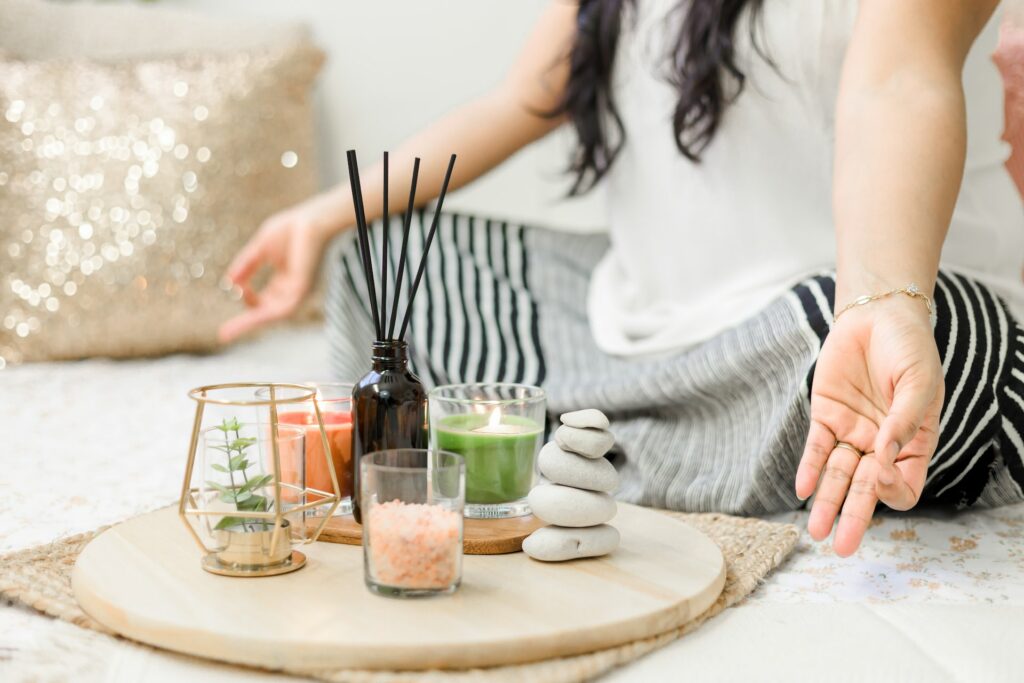3 Ways to Help Overcome Working Mom Guilt

Working mom guilt is common when juggling your career, family and personal time and feeling like you’re short-changing your kids. Finding a work-life balance can be challenging in itself, let alone trying to find time to attend to your basic needs and practice self-care. It can take some time to adjust to parenting and having a career. Don’t let your feelings minimize your success — use these tips to combat working mom guilt and show yourself some love. 1. Choose Your Battles Your parenting may look different than other moms you know. Your situation is unique to you and your family, so don’t let others’ opinions get you down. Unsolicited advice can trigger guilt and cause you to feel shame for working — don’t let…







